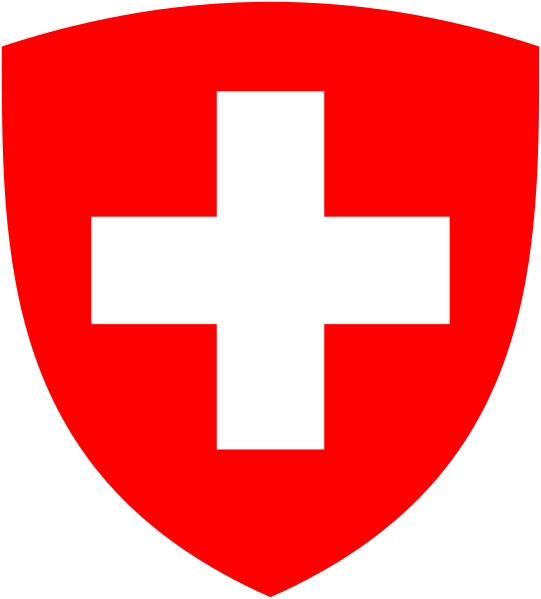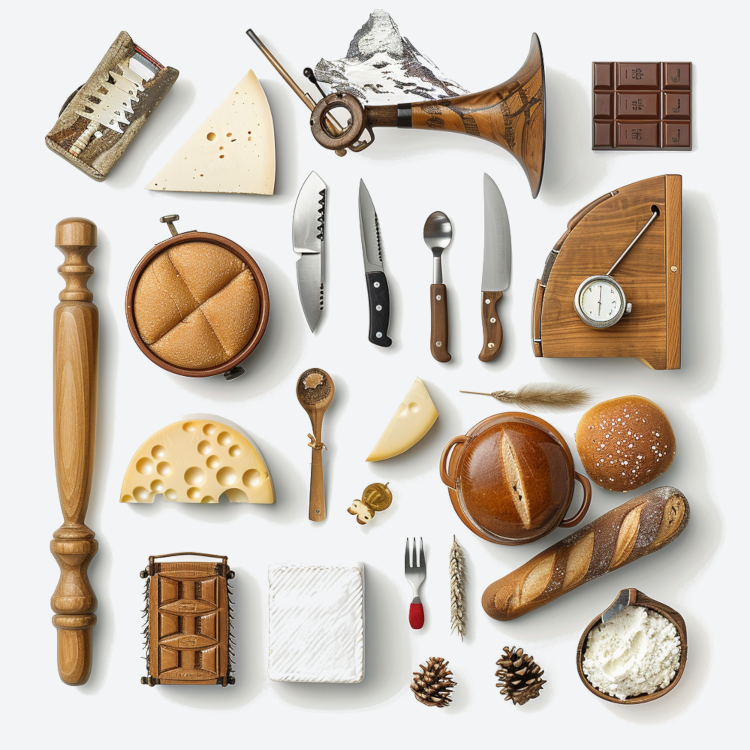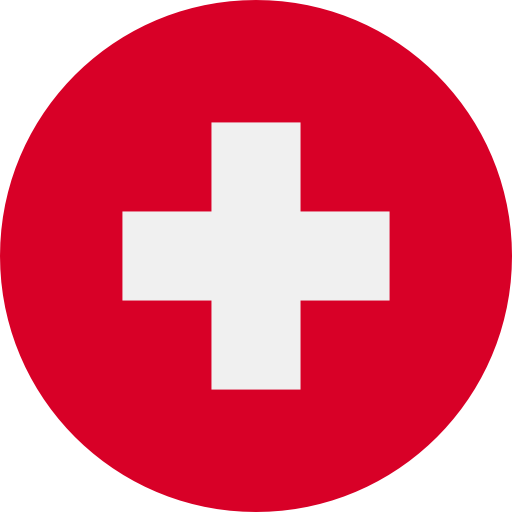About CH

Switzerland is a landlocked country in Western Europe, bordered by France to the west, Germany to the north, Austria, and Liechtenstein to the east, and Italy to the south. It has a total area of 41,290 square kilometers and a population of approximately 8.7 million people.
The capital of Switzerland is Bern, while Zurich and Geneva are the largest cities. The official languages of Switzerland are German, French, Italian, and Romansh. The currency is the Swiss franc.
Switzerland is a federal parliamentary republic, with a president as the head of state and a prime minister as the head of government. It has a highly developed and diversified economy, with a strong focus on manufacturing, services, and finance.
Switzerland is known for its stunning natural beauty, with the Swiss Alps providing a popular destination for skiing, hiking, and mountaineering. The country is also known for its precision engineering, high-quality watchmaking, and delicious chocolate and cheese. Additionally, Switzerland is famous for its neutrality in international conflicts and its long-standing tradition of direct democracy.

National Culture Objects
Swiss Army Knife
The Swiss Army Knife is a versatile tool known for its multifunctionality and quality. It symbolizes Swiss ingenuity, precision, and craftsmanship.
Alphorn
The Alphorn is a long, wooden wind instrument traditionally used in the Swiss Alps. It represents the Swiss musical heritage and the pastoral culture of the mountainous regions.
Swiss Cheese (Emmental)
Emmental cheese, with its characteristic holes, is one of the most famous Swiss cheeses. It symbolizes Switzerland’s rich dairy tradition and culinary excellence.
Watches
Swiss watches are renowned worldwide for their precision and luxury. They symbolize Swiss expertise in horology and the country’s reputation for quality and reliability.
Matterhorn
The Matterhorn is one of the highest peaks in the Swiss Alps and a prominent symbol of Switzerland’s natural beauty and outdoor adventure opportunities.
Swiss Chocolate
Swiss chocolate is famous for its high quality and creamy texture. It symbolizes Switzerland’s contributions to the confectionery industry and its tradition of fine chocolate-making.
Fondue
Fondue, a dish of melted cheese served in a communal pot, represents Swiss culinary traditions and the importance of communal dining.
Yodeling
Yodeling is a form of singing that involves rapid changes in pitch, traditionally used in Swiss Alpine regions. It symbolizes Swiss folk music and cultural heritage.

The national anthem of Switzerland is called "Schweizerpsalm" in German, "Cantique suisse" in French, "Salmo svizzero" in Italian, and "Psalm svizzer" in Romansh. It was officially adopted as the national anthem in 1981, though it has been used as a patriotic song since the late 19th century.
The lyrics of "Schweizerpsalm" were written in 1841 by Leonhard Widmer, a Swiss teacher, and the music was composed in 1841 by Alberik Zwyssig, a Swiss organist. The anthem is sung in the four official languages of Switzerland: German, French, Italian, and Romansh.
The anthem is a patriotic hymn that celebrates Switzerland's natural beauty, its history, and its values of freedom and democracy. The first verse, which is sung in all four languages, goes as follows:
Trittst im Morgenrot daher,
Seh ich dich im Strahlenmeer,
Dich, du Hocherhabener, Herrlicher!
Wenn der Alpen Firn sich rötet,
Betet, freie Schweizer, betet!
Eure fromme Seele ahnt
Gott im hehren Vaterland,
Gott, den Herrn, im hehren Vaterland.
Translated into English, the first verse means:
When the morning skies grow red,
And over us their radiance shed,
Thou, O Lord, appeareth in their light.
When the alps glow bright with splendour,
Pray to God, to Him surrender,
For you feel and understand,
That He dwelleth in this land.
God, He reigns, in lofty majesty.


